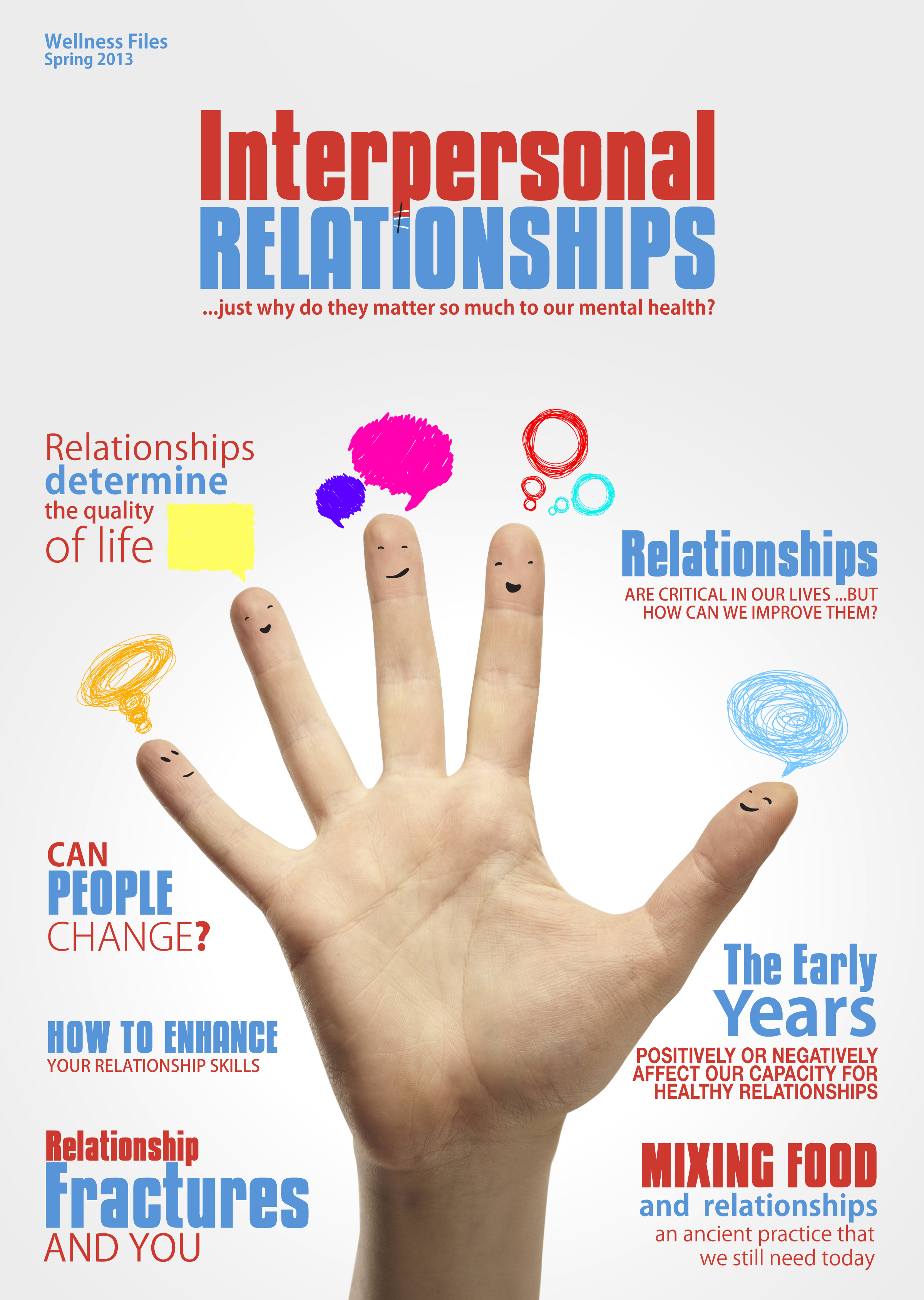Building Strong Relationships: A Guide To Lasting Connections
Let’s talk about relationships, folks. Whether it’s romantic, friendships, or professional bonds, relationships are the backbone of our lives. They shape who we are, influence our growth, and provide the support we need to thrive. But let’s be real, maintaining strong, healthy relationships isn’t always easy. There’s work involved, communication, trust, and sometimes even a little drama. So, how do we navigate this complex world of human connections? Stick around, because we’re diving deep into the art of building lasting relationships.
You might think relationships are all about luck or finding "the one," but there’s so much more to it. It’s about understanding, empathy, and putting in the effort. In today’s fast-paced world, where people swipe left and right, it’s easy to lose sight of what truly matters in a relationship. This article is here to change that. We’ll explore everything from communication hacks to conflict resolution strategies, all while keeping it real and relatable.
Now, before we dive into the nitty-gritty, let’s set the stage. Relationships aren’t just about romance, though that’s a big part of it. They’re about building meaningful connections with the people around you—family, friends, coworkers, and even strangers. So, whether you’re trying to save a marriage, mend a friendship, or ace that networking event, this guide has got you covered. Let’s get started!
Why Are Relationships So Important?
Here’s the deal: relationships aren’t just something we do for fun (though they can be a lot of fun!). They’re essential to our well-being. Research shows that people with strong social connections live longer, healthier lives. Yep, you heard that right. A good relationship can literally add years to your life. But it’s not just about quantity; it’s about quality. A fulfilling relationship can reduce stress, boost happiness, and even improve your immune system.
Think about it. When you’re having a bad day, who’s the first person you call? Your best friend, partner, or maybe a family member. These are the people who make life worth living. They’re your support system, your cheerleaders, and sometimes your therapists. Without them, life would be a lot harder. So, investing in your relationships is one of the best things you can do for yourself.
Statistics on Relationships
Let’s throw some numbers at you to drive the point home. According to a study by Harvard, relationships are the single most important factor in predicting happiness and health over a lifetime. That’s right, even more important than money or career success. Another interesting stat? People in committed relationships tend to have lower levels of cortisol, the stress hormone. So, if you’re feeling stressed, maybe it’s time to call your partner or grab coffee with a friend.
Understanding Different Types of Relationships
Not all relationships are created equal. There’s romantic relationships, friendships, family bonds, and professional connections. Each type comes with its own set of rules and challenges. Let’s break them down:
- Romantic Relationships: These are the ones we often dream about. They’re filled with passion, intimacy, and sometimes, a little heartbreak. But when they work, they’re pure magic.
- Friendships: Friends are the family we choose. They’re the ones who know us inside out and still love us anyway. Whether it’s a bestie since childhood or a new pal from work, friendships add so much to our lives.
- Family Relationships: Love them or hate them, family is a big part of who we are. These relationships can be complicated, but they’re also the most enduring.
- Professional Relationships: In today’s world, networking is key. Building strong professional relationships can open doors to new opportunities and help you succeed in your career.
Which Type of Relationship Is Most Important?
Here’s the thing: all types of relationships are important. It’s not about picking one over the other. It’s about balancing them and giving each one the attention it deserves. For example, you might spend hours perfecting your dating profile, but don’t forget to call your mom once in a while. Or, you might be crushing it at work, but make sure to carve out time for your partner. It’s all about finding the right balance.
The Key Ingredients of a Healthy Relationship
So, what makes a relationship tick? It’s not just about love or chemistry (though those help!). There are certain ingredients that every healthy relationship needs. Let’s take a look:
- Communication: This is the foundation of any good relationship. Whether you’re talking about your feelings or planning your next vacation, open and honest communication is key.
- Trust: Trust is like the glue that holds a relationship together. Without it, things can fall apart pretty quickly.
- Empathy: Being able to see things from the other person’s perspective is crucial. It helps you understand their needs and feelings.
- Respect: Respect means valuing the other person’s opinions, boundaries, and individuality. It’s about treating them like the amazing human being they are.
How to Build Trust in a Relationship
Trust is one of those things that’s easy to lose but hard to regain. So, how do you build it in the first place? It starts with being reliable. Show up when you say you will. Follow through on your promises. Be honest, even when it’s hard. And most importantly, be vulnerable. Let the other person see the real you, flaws and all. Trust takes time to build, but it’s worth the effort.
Communication: The Secret Sauce
Let’s talk about communication, because it’s the secret sauce of any successful relationship. It’s not just about talking; it’s about listening too. Active listening means giving the other person your full attention, without interrupting or judging. It’s about hearing what they’re really saying, not just the words they’re using.
Another key aspect of communication is expressing your needs and feelings. Don’t assume the other person knows what’s going on in your head. Be clear and direct about what you want and how you feel. And if something’s bothering you, speak up. Bottling things up only leads to resentment down the line.
Effective Communication Techniques
Here are a few techniques to help you communicate more effectively:
- I-Statements: Use “I” statements instead of “you” statements. For example, say “I feel hurt when you don’t listen to me” instead of “You never listen to me.”
- Nonverbal Communication: Pay attention to body language, tone of voice, and facial expressions. Sometimes, what you don’t say is just as important as what you do say.
- Timing: Choose the right time and place to have important conversations. Avoid bringing up sensitive topics when the other person is stressed or distracted.
Conflict Resolution: Turning Challenges into Opportunities
No relationship is perfect. Disagreements and conflicts are bound to happen. But here’s the good news: they don’t have to be dealbreakers. In fact, if handled properly, conflicts can strengthen your relationship. They give you a chance to understand each other better and work through issues together.
The key is to approach conflicts with a solution-oriented mindset. Instead of focusing on who’s right or wrong, focus on finding a way forward. Be willing to compromise and meet the other person halfway. And remember, it’s okay to take a break if things get heated. Sometimes, a little distance can help you both cool down and come back with a clearer perspective.
Common Relationship Conflicts and How to Handle Them
Here are some common conflicts you might encounter in a relationship and how to handle them:
- Money Issues: Talk openly about finances and set clear expectations. Create a budget together and make financial decisions as a team.
- Time Management: If you’re struggling to find time for each other, prioritize date nights or regular check-ins. Even small moments of connection can make a big difference.
- Communication Breakdowns: Practice active listening and use “I” statements to express your feelings. Avoid blaming or accusing the other person.
Long-Distance Relationships: Can They Work?
Now, let’s talk about long-distance relationships. They’re not easy, but they’re definitely possible. The key is to stay connected, even when you’re miles apart. Use technology to your advantage—video calls, text messages, and even snail mail can help bridge the distance.
Another important factor is setting clear expectations. Talk about your goals for the relationship and make a plan for the future. Are you working towards moving closer? Or is this a temporary arrangement? Being on the same page will help you both stay motivated and committed.
Tips for Maintaining a Long-Distance Relationship
Here are a few tips to help you maintain a strong long-distance relationship:
- Schedule Regular Check-Ins: Set aside time each week to catch up and stay connected.
- Plan Visits: Even if it’s just once a year, having something to look forward to can keep the spark alive.
- Be Honest: Don’t hide your feelings or concerns. Communication is even more important in a long-distance relationship.
Breaking Up: When Relationships Don’t Work Out
Not all relationships are meant to last forever. Sometimes, despite your best efforts, things just don’t work out. And that’s okay. Breaking up is hard, but it’s a natural part of life. The key is to handle it with grace and respect. Don’t burn bridges or say things you’ll regret later. Instead, focus on learning from the experience and moving forward.
Remember, every relationship teaches you something, even if it doesn’t end the way you hoped. You learn more about yourself, what you want, and what you’re willing to compromise on. And who knows? Maybe your next relationship will be the one that lasts a lifetime.
How to Move On After a Breakup
Moving on after a breakup isn’t easy, but it’s possible. Here are a few tips to help you through:
- Give Yourself Time: Don’t rush the healing process. Allow yourself to grieve and process your emotions.
- Lean on Your Support System: Reach out to friends and family for support. Talking about your feelings can be incredibly therapeutic.
- Focus on Self-Care: Take care of yourself physically and emotionally. Do things that make you happy and help you recharge.
Final Thoughts: Building Lasting Connections
Alright, folks, that’s a wrap. Relationships are complex, but they’re also incredibly rewarding. Whether you’re navigating a romantic relationship, strengthening a friendship, or building professional connections, the key is to put in the effort. Communicate openly, build trust, and be willing to grow together. And remember, it’s okay to stumble along the way. Every relationship has its ups and downs, but with the right mindset, you can turn challenges into opportunities.
So, what’s next? Take a moment to reflect on your own relationships. Are there areas where you could improve? Maybe it’s time to have that difficult conversation or plan a date night with your partner. Whatever it is, take action. Your relationships are worth it.
And if you found this article helpful, don’t forget to share it with your friends. Who knows? You might just help them build stronger relationships too. Until next time, keep nurturing those connections and living your best life.
Table of Contents
- Why Are Relationships So Important?
- Understanding Different Types of Relationships
- The Key Ingredients of a Healthy Relationship
- Communication: The Secret Sauce
- Conflict Resolution: Turning Challenges into Opportunities
- Long-Distance Relationships: Can They Work?
- Breaking Up: When Relationships Don’t Work Out
Unveiling The Future: Exploring What Lies Ahead
Who Played Billy Loomis: A Comprehensive Guide To The Iconic Character In Scream
Vince Gill: A Journey Through Music And Life

Wellness Factors Interpersonal Relationships

Family Relationships English ESL worksheets pdf & doc

Sustaining Networking Relationships Executive Support Magazine